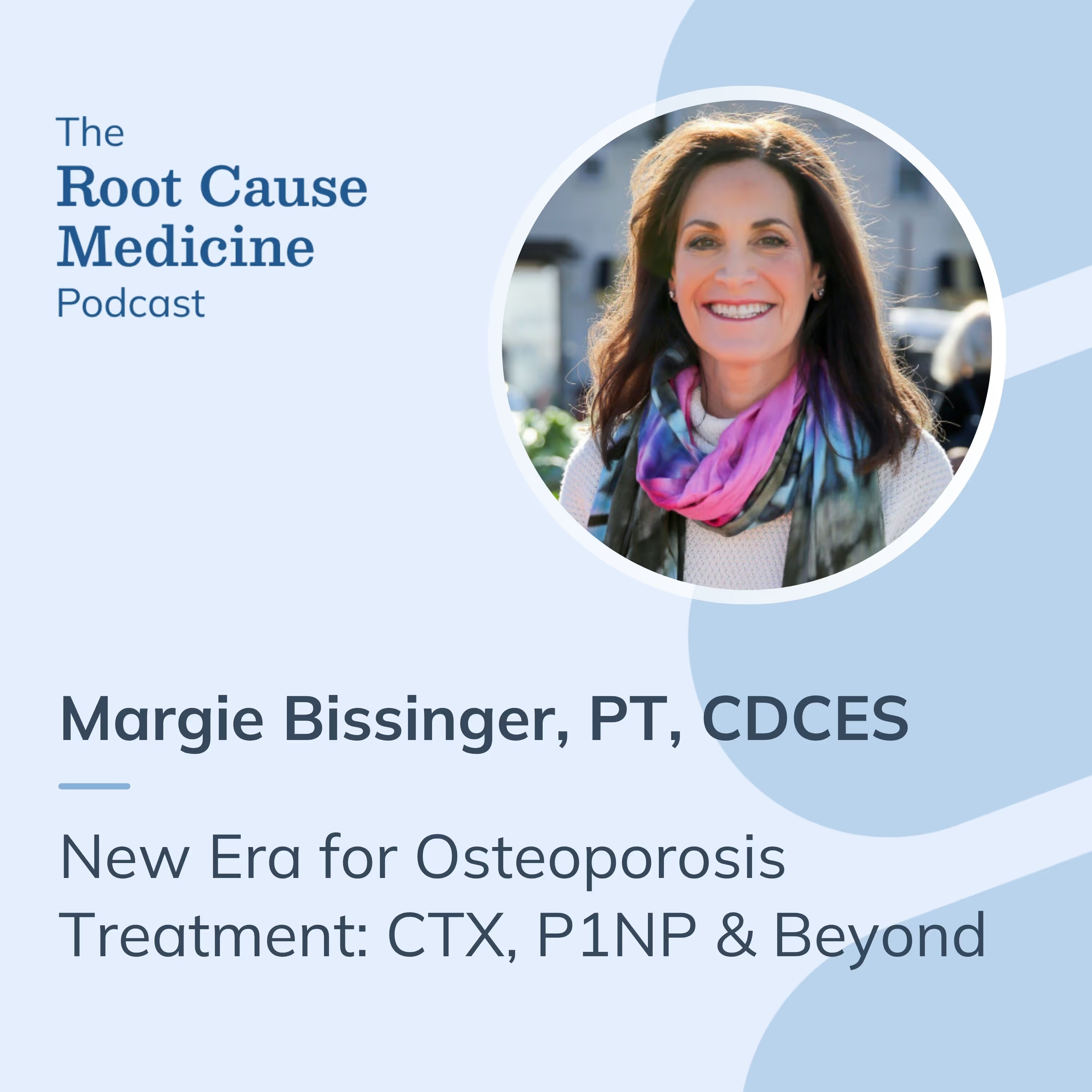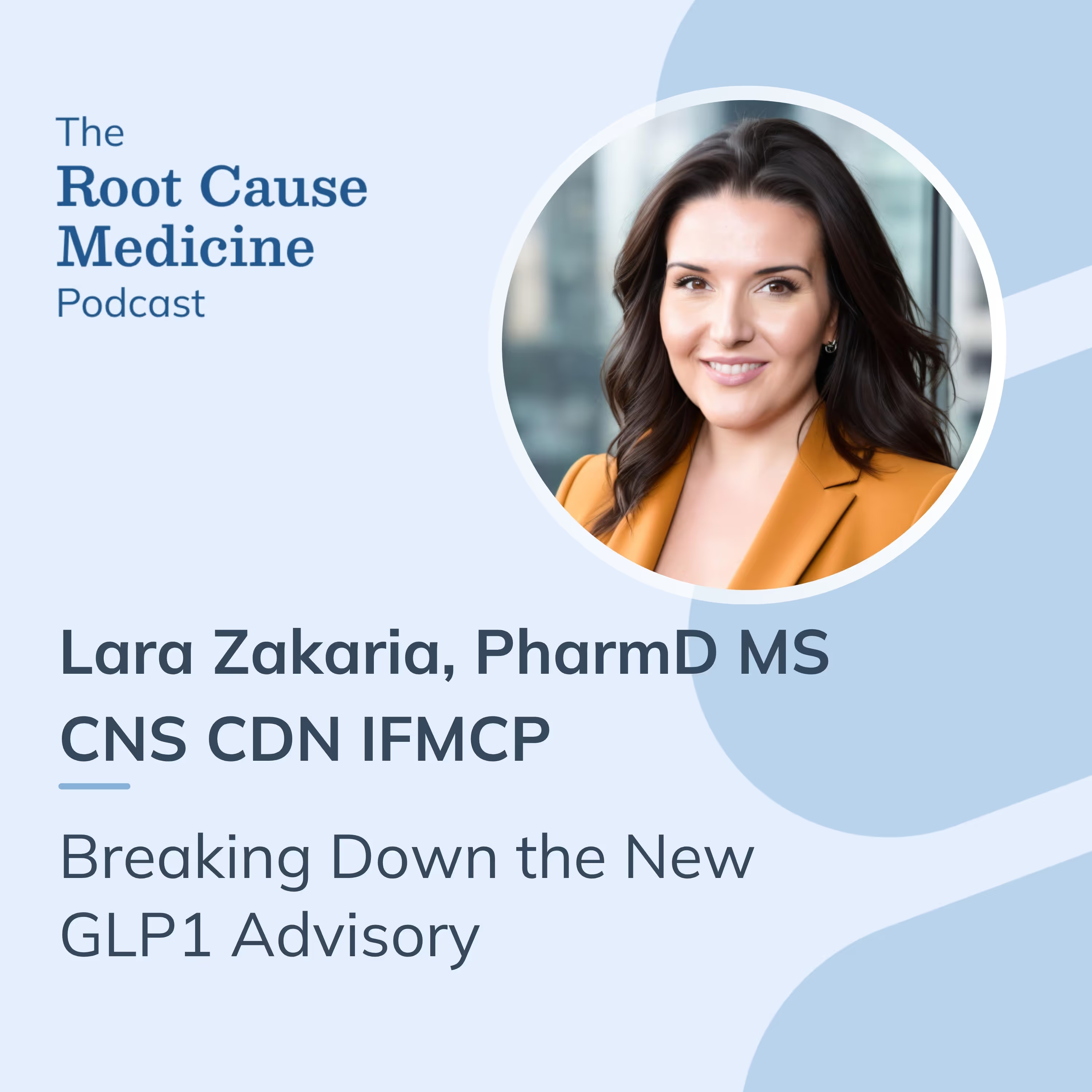Depending on your perspective, the future can either be compelling or concerning with the use of artificial intelligence (AI) in primary care. AI has the potential to transform the healthcare industry, allowing for more patient-centered care and potentially more accurate assessments. However, this technology can come with some unintended consequences and ethical issues. No matter where you stand, AI is already here and impacting our lives, including our health. This article explores the role AI has in our healthcare, the potential benefits of AI, and some of the implications with the hope of providing a better understanding of how AI is affecting our care.
[signup]
The Role of Primary Care Medicine
The role of primary care medicine includes disease prevention, health maintenance, and promotion. Primary care physicians (PCPs) also have to assess and manage various illnesses, including acute and chronic. PCPs will often collaborate with other health professionals. The primary role of these physicians is to provide patient care to a vast population that is cost-effective and equitable. The role of PCPs needs to fit into the overall healthcare system, causing challenges for the doctors, patients, and the system.
The current healthcare system has recently expanded insurance coverage that encompasses a value-based payment system for PCPs, making it more difficult for these physicians to meet the demand that reflects higher quality and lower costs. An aging population and growing chronic illness further increase the strain on PCPs to deliver efficient and personalized care. Another challenge PCPs face is that they are not subspecialists. Subspecialists have sophisticated tools that allow them to excel at diagnostics, interventions, administration, and other specific processes towards their specialty that primary care doesn't typically have because of their broader scope of practice. The growing demand for PCPs highlights the need for innovation and technology to enhance primary care systems, reduce burnout, and increase the quality of care within the present healthcare model.
Introduction to AI in Healthcare
In an age of information, big data, and technology, AI is utilizing and applying this wealth of data to the healthcare industry. The AI application in healthcare is to support personnel with tasks, administrative workflow, clinical documentation, patient outreach, image analysis, medical device automation, and patient monitoring. AI can provide many potential benefits to primary care, including improved assessments, increased focus on patient care, and enhanced planning. Currently, AI is being used as triage (patient prequalification) in the primary care setting. AI is trained to prequalify patients and determine if their symptoms warrant a doctor's visit. This triage can decrease the workload for PCPs and allow them to review cases when the conversation is warranted through this process. The use of AI can be highly encouraging in the primary care setting when there is a lack of time and resources.
AI-Powered Diagnostic Tools Used in Primary Care
Another exciting area where AI can potentially transform the healthcare industry, specifically primary care, is diagnostics. Diagnostics involves evaluating medical conditions, assessing symptoms, patient history, and test results to figure out the cause of the medical concern and make an accurate assessment. Determining the correct assessment is critical to manage the condition effectively. AI machine learning algorithms can analyze all of this data and patient information, taking into account their past medical history and labs to aid in accurate and timely assessments. AI can also interpret specific diagnostic tools such as X-rays, MRIs, CT scans, blood tests, and biopsy procedures, providing practitioners with more assistance in the diagnostic process. This assistance from AI can improve the accuracy, speed, and efficiency of this complex process. What's exciting is the impact on patient care when doctors can be assisted in the diagnostic process and focus more on personalized patient care.
Enhancing Patient-Physician Interactions with AI
The use of AI can also enhance the interactions between patients and physicians through AI-powered chatbots and virtual assistants (VAs) that provide patients with reliable medical information and guidance. These chatbots and VAs have already been tested in the clinical setting, and they include assisting with frequently asked questions (FAQs), streamlining administrative tasks, and patient support through clinical instructions and monitoring. This streamlining allows physicians to spend more time interacting with patients. The VAs can also help patients with notifications and reminders for prescriptions, making it easier for patients to stay compliant with their medications. Although there is a general consensus that AI will improve technical and administrative tasks, it is still uncertain how it will impact the patient-physician relationship. Therefore, doctors must understand the importance of maintaining a human connection with their patients to provide well-rounded support in their health journey.
AI-Enabled Precision Medicine and Personalized Care
AI is merging with precision medicine to analyze large datasets and genomic information, providing more personalized treatment approaches. In the field of precision medicine, phenotypes are identified in patients with more unique needs or less-common responses to treatment. AI can leverage this information to help solve more difficult challenges in precision medicine by combining all of the patient information to facilitate personalized assessments. The advancement in AI empowers precision medicine in early disease detection and can design customized approaches, predict the outcomes of those approaches, and optimize management. These advancements can also validate the need for additional interventions. The implications of AI and precision medicine in the primary care setting are profound. It can predict potential health risks before symptoms occur and provide customized plans to support patient outcomes.
Challenges and Ethical Considerations
Although AI has the potential to change the face of healthcare, it doesn't mean it doesn't come without any challenges or ethical concerns. Some of the ethical considerations include data privacy, bias, and transparency. The current laws are insufficient in protecting our health privacy as the clinical data collected by AI can be hacked. Some social networks can even store our health information without our consent for marketing purposes, leading to biased marketing and communication. Patients should also have autonomy and the right to know who is responsible if AI fails or has errors. This responsibility question creates a transparency issue within the healthcare system. There is also concern that people should have the right to ask questions before this technology recommends interventions with the ability to refuse the intervention. These concerns highlight the importance of maintaining physician oversight and human judgment in AI-driven patient care.
Future Directions for AI in Primary Care
AI is still evolving in our lives, especially in the healthcare setting, albeit at an extremely rapid pace. Future developments and advancements in AI for primary care involve continued growth in diagnostics, intelligent health records, and health monitoring. More technology is being introduced to analyze extensive amounts of medical information to provide accurate real-time assessments to help physicians and provide clarity on options for patients. Integrating personal health records in EMR systems with AI is another advancement to allow for more precision in managing health-related issues. Currently, the applications between AI and EMR are limited. Therefore additional time and effort must be dedicated to this area before implementation can occur in the primary care setting. Other upcoming technology includes health monitoring and wearable health devices that can track individuals' activity and vital signs under various conditions, allowing for further accuracy in primary care. Although these technological advancements can potentially provide more accurate care, there still needs to be continued research on the unintended consequences and implications of AI, regulations for these technologies, and collaboration to maximize the benefits of AI in primary care.
[signup]
Summary
The advanced technology of AI is here and already being used in many parts of our lives, including the healthcare setting. This technology shows promise in streamlining processes, providing more accurate assessments, enhancing patient support, and reducing the demanding workload on PCPs. However, more research needs to be completed on the implications of AI in healthcare, including regulations of this new technology to provide a safer and more transparent environment.












%201.svg)







